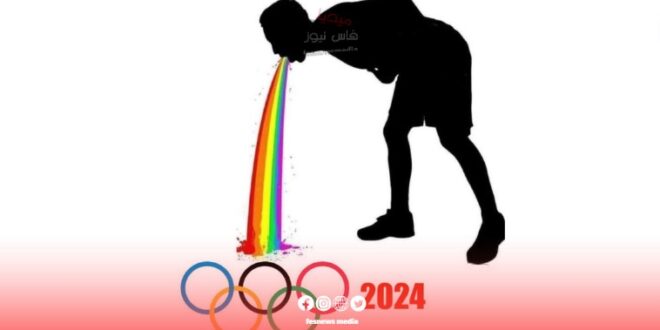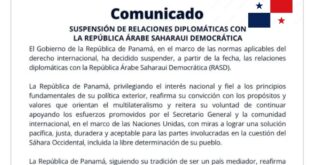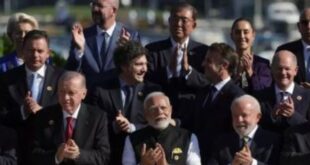The opening ceremony of the Paris 2024 Olympics has sparked a wave of controversy and criticism due to a performance tableau described as a “satirical reenactment” of the Last Supper. This has prompted Olympic organizers to issue a formal apology to affected religious communities.
Anne Descamps, spokesperson for the Olympics, stated in a press conference that “there was no intention to show disrespect to any religious group,” emphasizing that the goal was to “celebrate community tolerance.”
The tableau, which replaced the characters of the Last Supper with “transgender individuals,” angered the Catholic Church, religious right-wing groups, and many Muslims. In a strong reaction, American telecommunications company C Spire withdrew all its advertisements from the Olympics.
Al-Azhar also strongly condemned what it described as “scenes of offense” to Christ, considering it “extremism and reckless barbarism.”
Thomas Jolly, the artistic director of the ceremony, attempted to justify the tableau by saying the aim was to celebrate diversity and praise French culinary arts, denying any intention of mockery or offense.
This controversy comes at a sensitive time as France seeks to present a positive image of itself before hosting the Olympic Games. The event raises questions about the balance between artistic freedom of expression and respect for religious beliefs in multicultural societies.
The incident has led to various reactions:
- The Catholic Church in France denounced the celebration for including “scenes of mockery and derision of Christianity.”
- The Archbishop of Malta, Charles Scicluna, contacted the French ambassador to complain about this “unjustified insult.”
- Al-Azhar issued a statement rejecting “all attempts to offend any of God’s prophets.”
Olympic organizers have expressed regret if people felt offended, stating, “If people felt insulted, we are truly sorry.” However, they maintain that the intention was to create an opening ceremony focused on “repair and reconciliation, reaffirming the values of our republic.”
This controversy highlights the challenges of balancing artistic expression with religious sensitivities in global events like the Olympics, and may impact the perception of the Paris 2024 Games in the lead-up to the event.
 فاس نيوز ميديا جريدة الكترونية جهوية تعنى بشؤون و أخبار جهة فاس مكناس – متجددة على مدار الساعة
فاس نيوز ميديا جريدة الكترونية جهوية تعنى بشؤون و أخبار جهة فاس مكناس – متجددة على مدار الساعة













